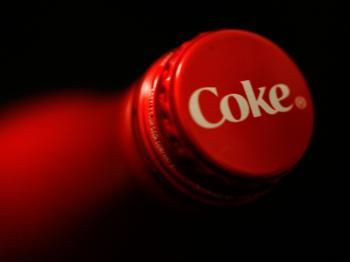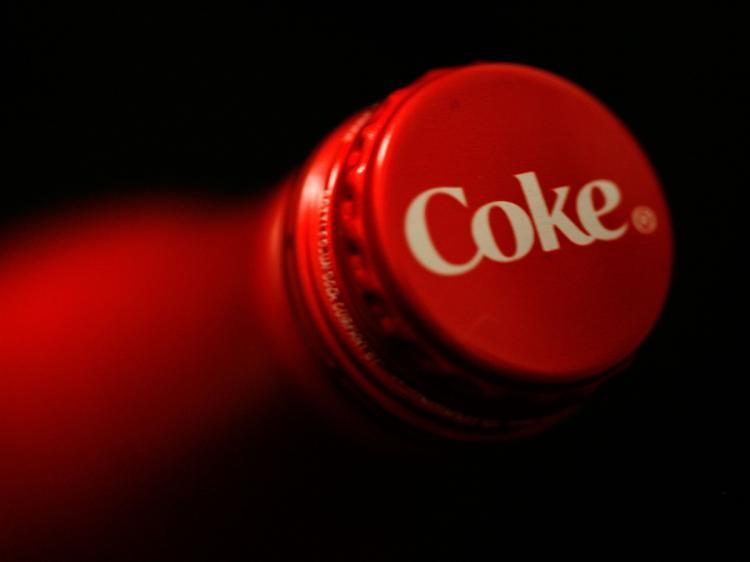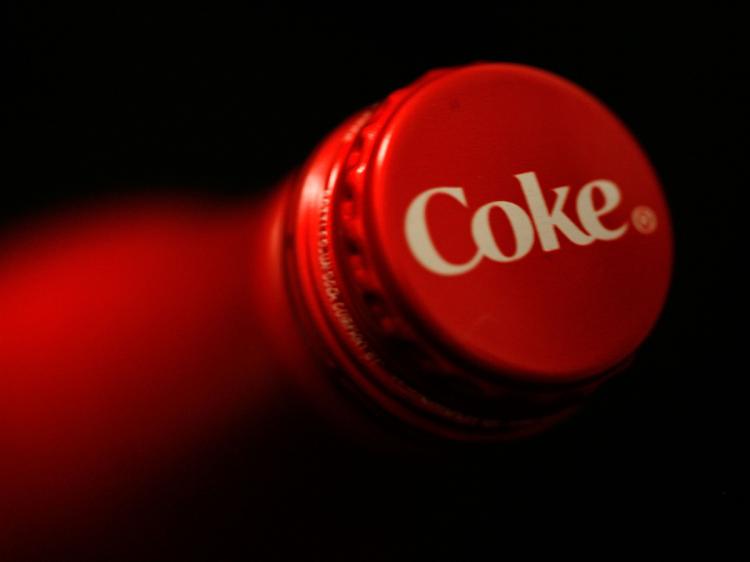NEW YORK—Following Pepsi’s footsteps, Coca-Cola Co. on Thursday took over the North American operations of its biggest bottler group in a deal to exercise more control over distribution and pricing as competition stiffens in the beverages sector.
The Atlanta-based Coca-Cola will take over the North American assets of its bottler, Coca-Cola Enterprises (CCE), while assuming $8.9 billion of CCE’s debt in the deal. In turn, CCE will acquire Coca-Cola’s bottling operations in Sweden and Norway, as well as acquire the right to purchase its bottling assets in Germany.
As the deal consummates, Coca-Cola will own 90 percent of its North American bottling operations, granting the beverage maker greater control over distribution in a difficult economic environment.
“Our North American business structure has remained essentially the same since CCE was founded in 1986, while the market and industry have changed dramatically,” Coca-Cola CEO Muhtar Kent said in a statement. “With this transaction, we are converting passive capital into active capital, giving us direct control over our investment in North America to accelerate growth and drive long-term profitability.”
Coca-Cola’s deal comes on the heels of rival PepsiCo, Inc.’s acquisition of its two largest bottlers.
Morningstar analyst Philip Gorham wrote in a research note, “In order to mitigate falling volumes and to maintain market share, Coca-Cola has been forced to broaden its portfolio into nonsoda categories. This has presented challenges to Coke’s bottlers, because the much smaller scale of these new products means that their average production cost is higher than that of soda, and the greater number of products requires higher levels of working capital.”






